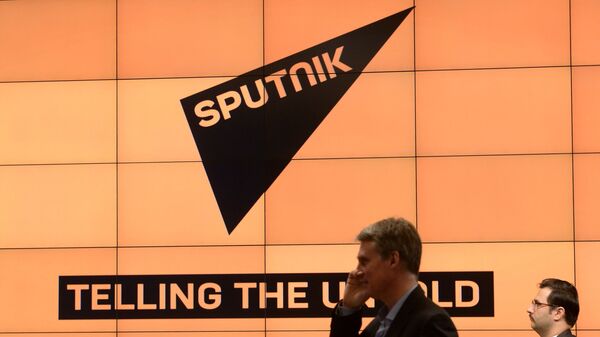The nine-page EU plan, drafted by the EU Foreign Service and seen by EUobserver, talks of Russia's "use and misuse of communication tools," claiming that Russian foreign language media has "played an important role in the dramatic political, economic, and security-related developments" in the EU's "Eastern neighborhood" over the past 18 months.
The paper brazenly notes that Brussels will have to strengthen its work with national regulators, charging "some Russian media, such as RT or Sputnik [with] broadcasting fabrications and hate speech from their bureaus in EU cities."
Commenting on Brussels' plans to counter the impact of Russian media, RT Editor-in-Chief Margarita Simonyan told RT in Russian that "the European Union is diligently trying to stifle the alternative voice of RT, at a time when in Europe there are hundreds of newspapers, television channels and radio stations, which set out only one point of view on what is happening in the world."
Ultimately, the journalist notes that "if after all this the EU still complains that they are losing the 'information war' against Russia, perhaps it's time to realize that people are just tired of the one-sided news coverage of the mainstream media."






